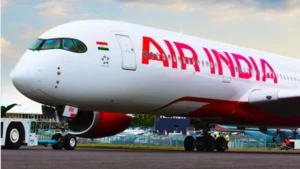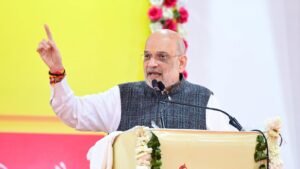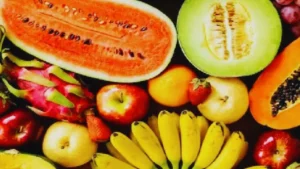FADA: More than 2.61 crore vehicles sold in 2024-25 due to better performance of rural areas, an increase of six per cent

New Delhi| Due to better performance of rural areas in passenger and two wheeler category, more than 2.61 crore vehicles were sold in the retail markets of the country during the last financial year 2024-25. This is 6 per cent higher than the total of 2,45,58,437 vehicles sold in 2023-24.
The Federation of Automobile Dealers Associations (FADA) said, 2024-25 saw an increase in sales of passenger vehicles, two-wheelers and three-wheelers. However, there was a decline in registrations of commercial vehicles and tractors. According to the organization’s data, retail sales of passenger vehicles increased by five percent in the last fiscal year to 41,53,432 units compared to 39,60,602 in 2023-24.
Retail sales of two-wheelers increased 8 per cent year-on-year to 1,88,77,812 units in 2024-25. Three-wheeler sales rose five percent to 12,20,981 units. However, tractor sales declined by one percent to 8,92,410 units. FADA President CS Vigneswar said, 2024-25 really remained resilient for the retail vehicle sector. The main attraction was the strong performance in rural areas.

European Union demands abolition of tariff on car imports from India
On the other hand, the European Union has demanded abolition of tariffs on car imports under the pending trade agreement with India. Sources said the Modi government is ready to further simplify its current proposal to finalize the talks.
A few weeks ago, the US had demanded abolition of import duty on cars, including electric vehicles, as part of bilateral trade talks with India, which has increased pressure on domestic carmakers. Sources associated with the automobile industry and the government said that India is ready to reduce the tariff from 100 per cent to 10 per cent. This is after India’s auto industry has proposed to immediately reduce tariffs on a limited number of petrol cars from 100 per cent to 70 per cent and then to cut them by 30 per cent in a phased manner. In the case of EVs, carmakers want no tariff cuts until 2029 and a phased reduction of up to 30 per cent on limited imports thereafter.









